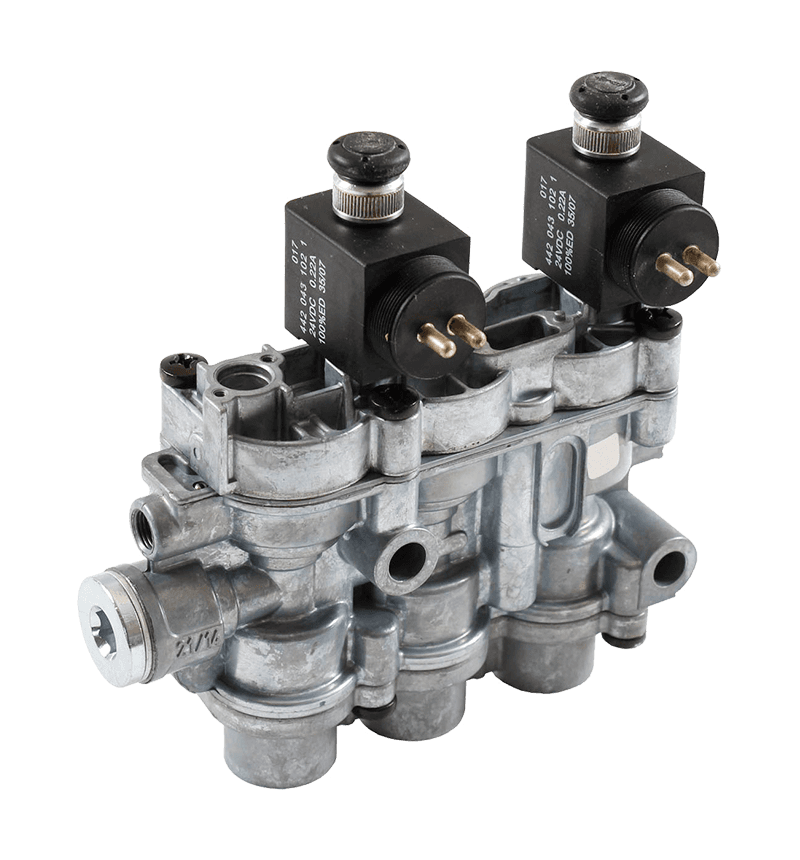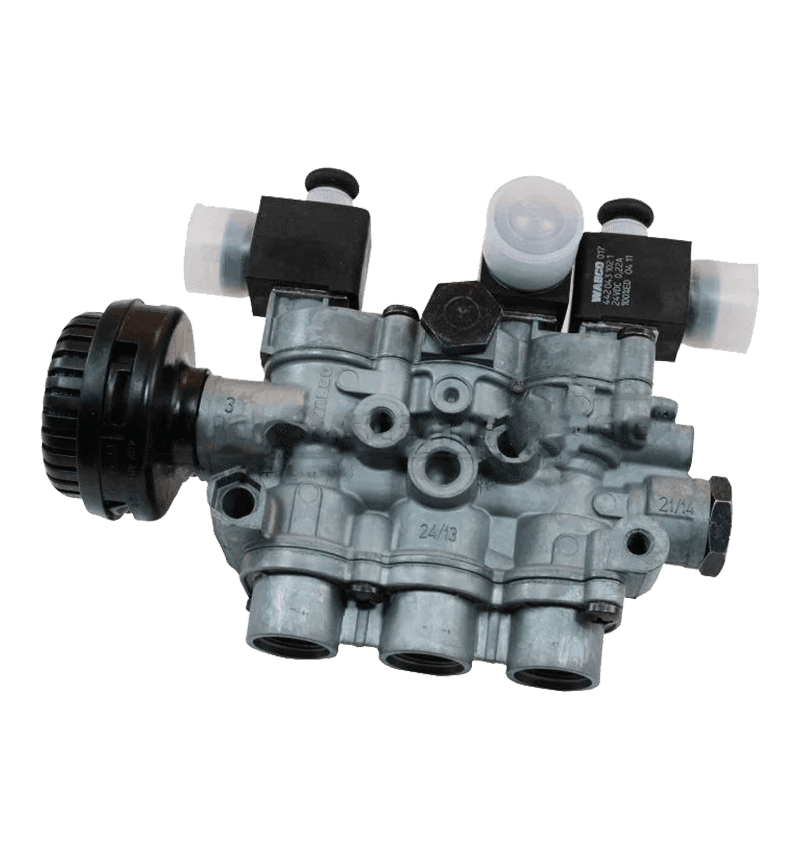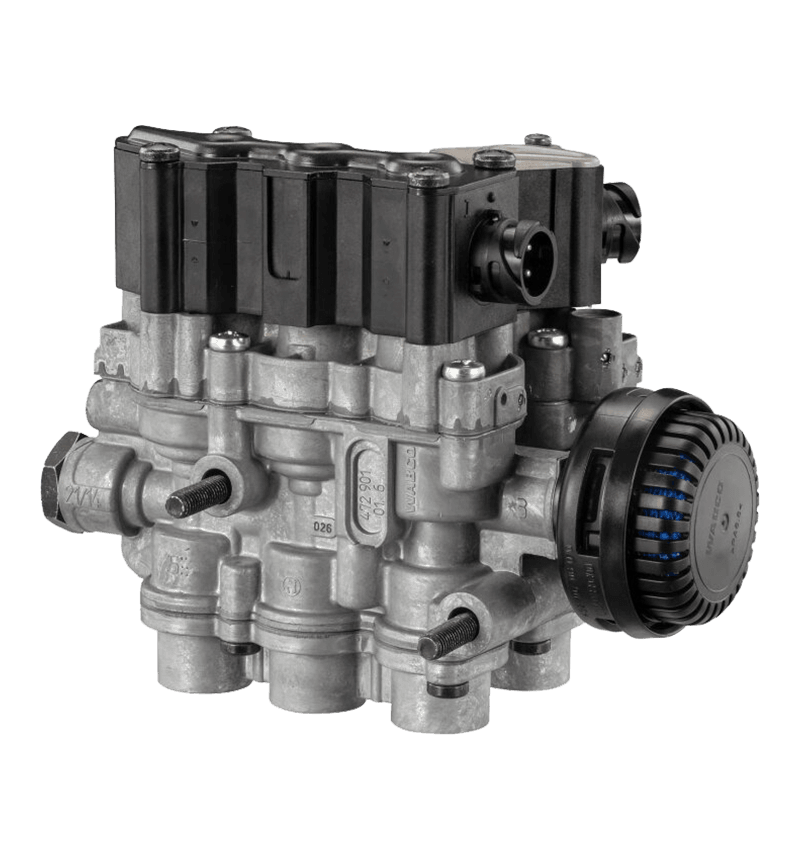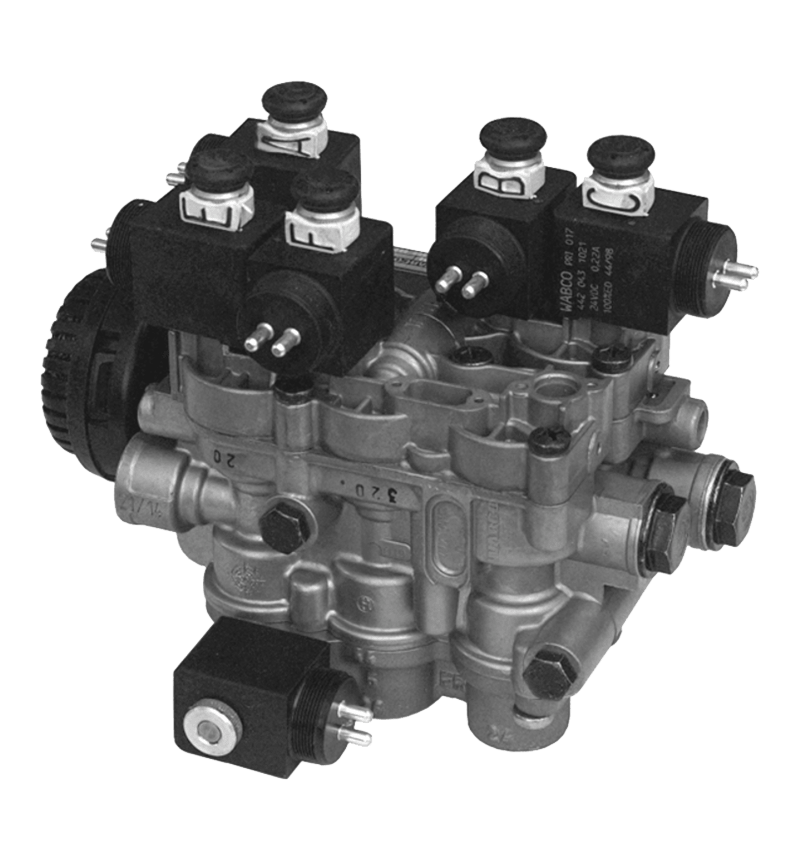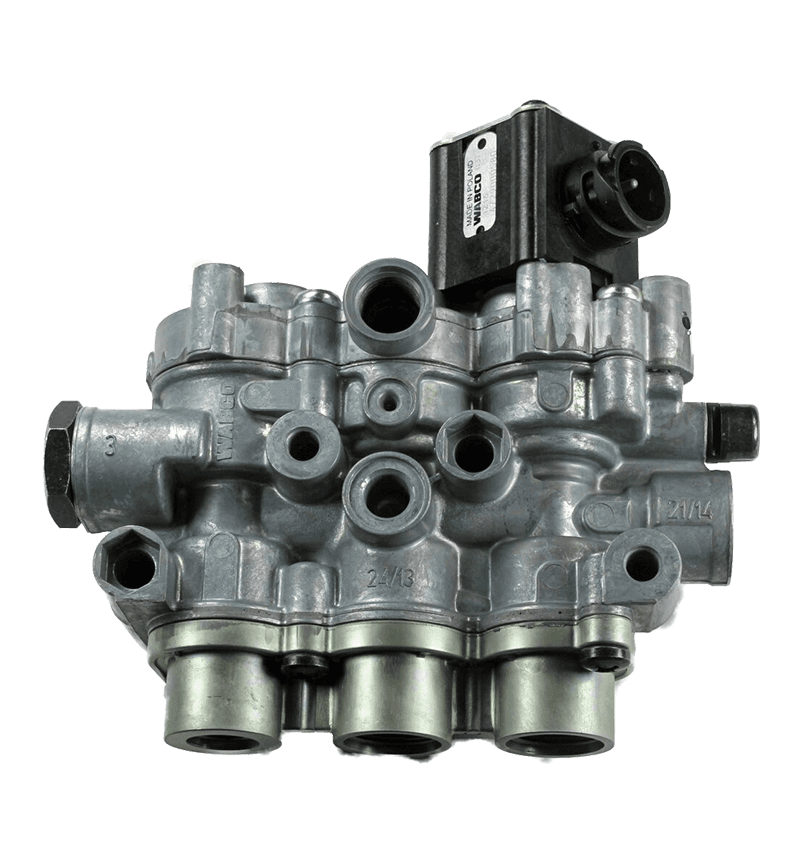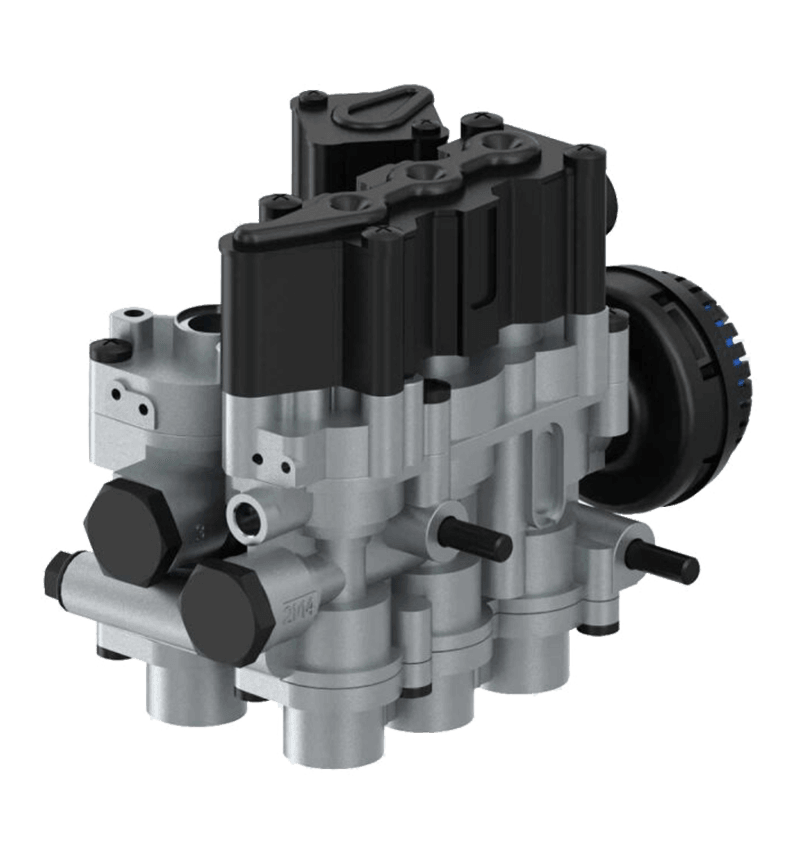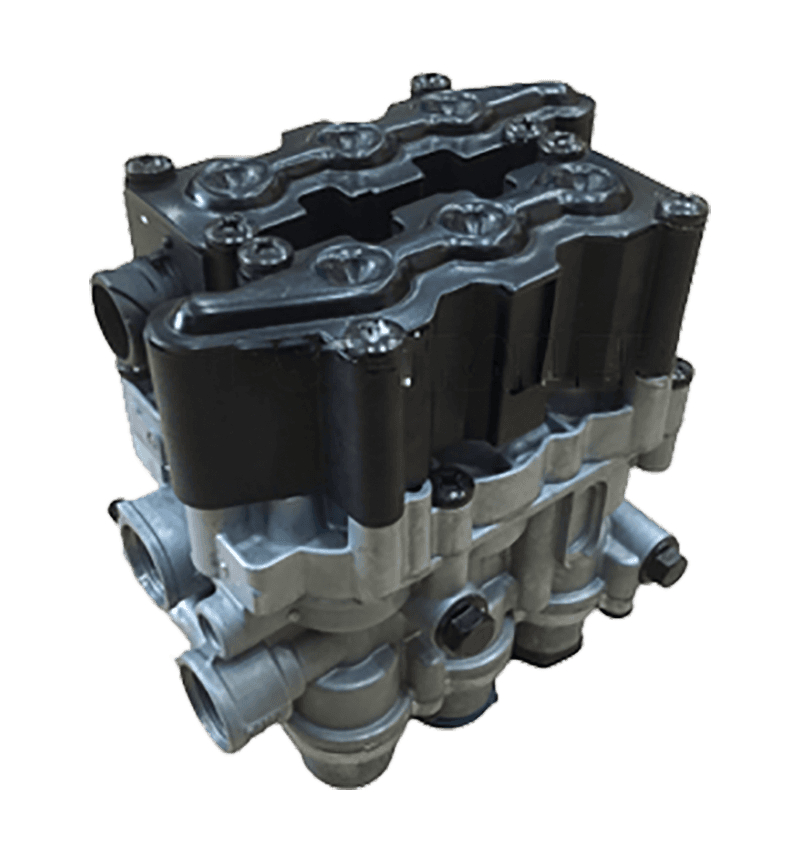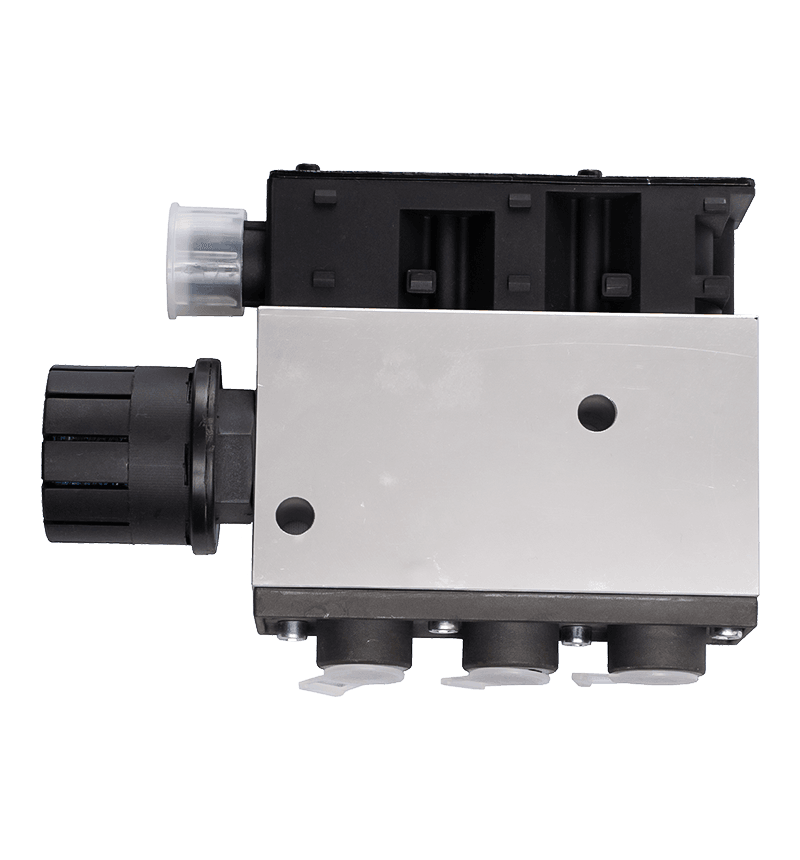Material selection and valve manufacturing process
The material selection of an ECAS solenoid valve plays a crucial role in its overall performance. Since the valve is typically used in electronic controlled air suspension systems, the internal components must withstand continuous airflow and varying pressures. Materials resistant to wear and corrosion ensure that the valve performs steadily over time. Additionally, the valve manufacturing process impacts the consistency of dimensions, the smoothness of internal channels, and the sealing properties. Even minor deviations in production can influence the airflow control accuracy. Reliable solenoid coil manufacturers often emphasize strict quality checks to reduce the risk of leakage and ensure a long service life.
Airflow characteristics and control valve air design
The internal design of the valve directly determines how air passes through it. For an air flow control valve type, the geometry of the passages influences resistance and efficiency. Smooth internal flow channels reduce turbulence and energy loss, thereby ensuring effective pressure regulation. The integration of control valve systems also affects precision, since these systems must handle both small and large volume changes in suspension operation. Properly engineered control valve air components maintain stable performance even when the external load varies.
Pressure regulation and high-pressure compatibility
In many commercial vehicle applications, the ECAS solenoid valve must regulate airflow at different pressure levels. A pressure regulating solenoid valve must balance high pressure input with controlled output to maintain suspension stability. The valve’s ability to function as a high pressure solenoid or integrate with a high pressure reducing valve can directly affect its efficiency and reliability. Consistent regulation prevents overloading or underinflating of the air springs, which helps maintain vehicle safety and comfort.
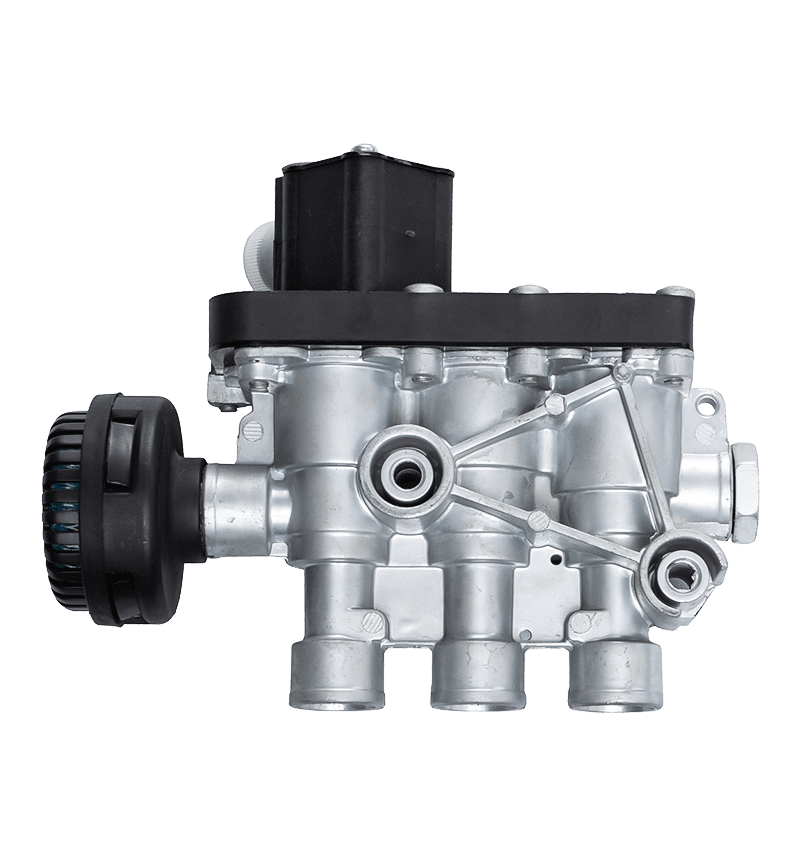
Coil quality and electrical performance
The solenoid coil is the core component that activates the valve. The quality provided by experienced solenoid coil manufacturers can determine the durability of the ECAS solenoid valve. Coil insulation, winding density, and thermal stability influence the valve’s reaction speed and its ability to function under continuous duty. Furthermore, electrical resistance stability ensures that the valve consumes energy efficiently without overheating. When the coil is poorly manufactured, it may cause delayed responses or failures in automatic pressure control valve systems.
Environmental conditions and external stress factors
The ECAS solenoid valve is typically exposed to external conditions such as dust, moisture, vibration, and temperature fluctuations. These factors can significantly impact valve performance. For example, in cold climates, condensation within the air system may freeze, obstructing air passages. In high-temperature environments, excessive heat may damage seals or degrade coil insulation. Proper sealing and protective housings help reduce the influence of these external stresses. The integration with components like the trailer check valve ensures that pressure does not flow backward, maintaining system reliability under varying operating conditions.
Application-specific requirements and compatibility
Different vehicles and systems may require ECAS solenoid valves with specific features. In some applications, such as heavy-duty trucks, compatibility with air spring valves is essential for ensuring load stability. In industrial settings, the demand for different types of solenoid valves arises due to the need for varied flow rates and operating pressures. Additionally, the ability of the valve to operate within broader control valve systems directly impacts its usefulness. Whether it is used in passenger vehicles or commercial fleets, the selection of the right specification is a key factor in performance.
Maintenance practices and operational lifecycle
The performance of an ECAS solenoid valve is not solely determined at the time of manufacturing. Regular maintenance ensures that the internal passages remain free of debris and that seals maintain their integrity. Cleaning methods such as spray nozzle cleaning and inspection of the spray bottle pump nozzle in related cleaning systems can help extend the functional life of valves in industrial contexts. For automotive uses, periodic inspection of the solenoid unloader valve and associated components in the automated production equipment system helps avoid unexpected failures.
Factors and Their Influence on ECAS Solenoid Valve Performance
| Factor |
Influence on Performance |
Related Keywords |
| Material & Manufacturing |
Determines durability, sealing quality, and airflow stability |
valve manufacturing process, die casting parts manufacturers |
| Airflow Design |
Impacts turbulence, energy efficiency, and control accuracy |
air flow control valve types, control valve air |
| Pressure Regulation |
Ensures balance between input/output and prevents overload |
pressure regulating solenoid valve, high pressure reducing valve |
| Coil Quality |
Affects response time, energy efficiency, and operational stability |
solenoid coil manufacturers, high pressure solenoid |
| Environmental Resistance |
Protects against dust, moisture, temperature fluctuations, and vibration |
trailer check valve, automatic pressure control valve |
| Application Compatibility |
Determines suitability for vehicles, industries, or custom systems |
air spring valve, different types of solenoid valves |
| Maintenance Practices |
Extends lifecycle and reduces risk of operational failure |
solenoid unloader valve, control valve systems |


 English
English Español
Español



